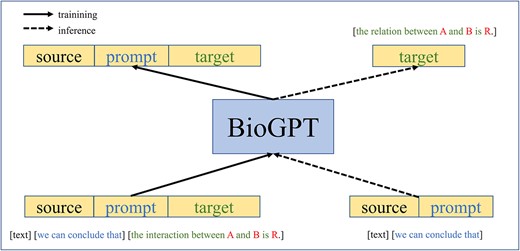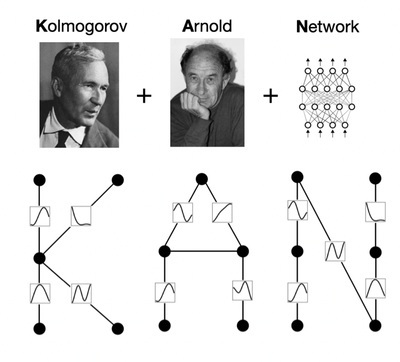BioGPT

BioGPT is an artificial intelligence (AI) tool developed by Microsoft that is designed to analyze biomedical research and answer questions related to the field. It is a type of generative language model that has been trained on millions of previously published biomedical research articles.
As a language model, BioGPT can perform a wide range of tasks, such as answering questions, extracting relevant data, and generating text relevant to biomedical literature. It uses natural language processing techniques to understand and analyze text, and it is capable of generating accurate and detailed descriptions of various aspects of the biomedical field.
BioGPT is different from other similar tools in that it has a generation ability, which means it can generate new text based on what it has learned from the biomedical literature it has been trained on. This makes it a more versatile tool for use in the biomedical field.
The researchers who developed BioGPT tested it on six different biomedical natural language processing tasks and found that it performed better than previous models on most of them. They also tested it on a task that involves answering questions based on PubMed articles, and BioGPT achieved a record-high accuracy score.
One of the potential applications of BioGPT is in drug development, where it can be used to generate descriptions of specific therapeutic classes or therapies. By analyzing large amounts of biomedical research, BioGPT can help researchers identify potential drug targets and develop more effective treatments for a wide range of diseases and conditions.

We research, curate and publish daily updates from the field of AI.
Consider becoming a paying subscriber to get the latest!
No spam, no sharing to third party. Only you and me.








